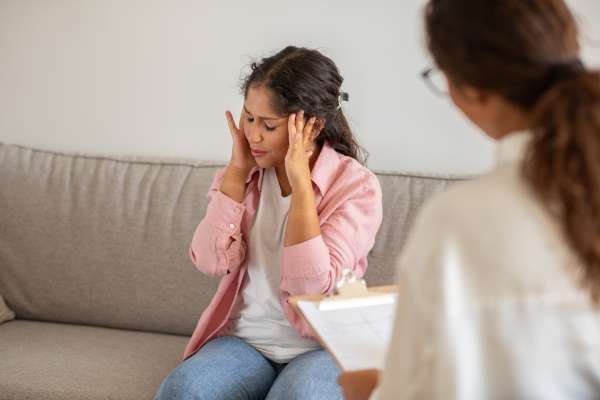Anxiety, a pervasive circumstance in today’s speedy-paced world, impacts hundreds of thousands of people, regularly leaving them attempting to find powerful ways to cope. While traditional methods like therapy and medicinal drugs are widely diagnosed, an regularly-omitted but effective tool is humor. The role of humor in alleviating anxiety lies in its ability to provide emotional relief, foster social connections, and promote a sense of nice-being. By lightening the emotional load and imparting a fresh attitude, humor creates moments of reprieve from pressure and fear. Whether via laughter shared among pals or the simple pleasure of a comedic second, humor has the ability to convert how we navigate life’s demanding situations. As a supplement to traditional treatments, humor can substantially decorate intellectual resilience, proving that now and again, an amazing giggle absolutely is the satisfactory medicinal drug.
Understanding Anxiety

Anxiety is a natural reaction to pressure, however while it turns into continual, it can intrude with day by day lifestyles and well-being. Common reasons for hysteria encompass genetic predispositions, environmental stressors along with painting stress or courting troubles, and disturbing studies. Symptoms frequently occur both mentally and physically, consisting of chronic worry, irritability, fatigue, muscle anxiety, and sleep disturbances. Chronic anxiety, if left unchecked, can lead to severe fitness issues like cardiovascular issues, a weakened immune system, and heightened threat of despair. Understanding the effect of hysteria underscores the need for effective coping mechanisms. These strategies, ranging from therapy and medicinal drugs to lifestyle changes like exercising and mindfulness, provide individuals with equipment to manage their signs and regain control over their lives.
What Makes Humor Effective

Humor is a powerful device for assuaging anxiety as it serves as a powerful mental distraction. By redirecting awareness away from stressors, humor creates a mental destroy that lets in people to experience non permanent remedy. Physiologically, laughter triggers the release of endorphins, the frame’s natural “sense-good” chemical substances, at the same time as concurrently decreasing ranges of cortisol, a hormone related to strain. This mixture promotes an experience of relaxation and well-being. Additionally, humor helps reframe negative minds by way of supplying a lighter perspective on demanding situations. It encourages cognitive flexibility, allowing individuals to method issues with optimism and resilience. These characteristics make humor a flexible and accessible approach for mitigating anxiety’s outcomes.
Humor and Emotional Relief
Humor serves as an effective device for emotional relief, imparting a temporary break out from stress and tension. By shifting interest far from distressing the mind, humor creates a mental pause that lets individuals recharge emotionally. For instance, a well-timed joke can diffuse tension for the duration of heated discussions, easing verbal exchange and lowering battle. Similarly, watching a comedy show or accomplishing lighthearted banter can help individuals shift their temper in challenging moments. Research supports those results, with studies demonstrating that humor lowers perceived strain ranges and enhances typical emotional resilience. For example, findings propose that everyday publicity to humor will increase mental nice-being and might serve as a protecting aspect against continual anxiety. This evidence highlights humor’s potential to provide a good deal-wanted emotional relief in the course of lifestyle’s difficulties.
Humor and Social Connections
Humor performs a critical role in building and maintaining relationships, which can be crucial for emotional guidance and nicely-being. Shared laughter fosters a feel of closeness and agreement, developing stronger bonds amongst buddies, circle of relatives, and co-workers. For example, a set sharing a humorous story regularly reports a right away feel of camaraderie, even in traumatic situations. This collective joy not simplest enhances relationships but additionally mitigates emotions of isolation, a commonplace trigger for tension. Social support derived from humor can act as a buffer in opposition to tension, offering individuals with a network of information and encouragement. Moreover, humor can create safe areas for expressing vulnerability, in addition strengthening social ties. By enhancing interpersonal connections, humor substantially contributes to lowering anxiety and selling intellectual health.
Practical Ways to Use Humor for Anxiety Relief
Incorporating humor into daily life can be a simple yet effective way to manage anxiety. Activities like watching comedies, reading jokes, or engaging with humorous content on social media provide accessible sources of laughter that help lighten one’s mood. Beyond passive consumption, actively seeking humor in daily interactions, such as sharing funny anecdotes or playful banter, can create moments of joy and relaxation. In challenging situations, humor can be used mindfully to ease tension or reframe a stressful context with a more positive outlook. For example, finding humor in minor mishaps can shift focus away from frustration. However, it’s essential to respect personal boundaries and ensure humor is used appropriately. Jokes or comments that could offend or alienate others should be avoided to prevent unintended harm. By thoughtfully incorporating humor into everyday routines and interactions, individuals can leverage it as a valuable tool for anxiety relief.
Limitations and Cautions
While humor is a powerful tool for managing anxiety, it is not universally effective or appropriate in all situations. In certain contexts, such as grief or trauma, humor might be perceived as insensitive or dismissive, potentially exacerbating stress instead of alleviating it. Additionally, humor can be misunderstood or misinterpreted, especially in diverse social settings where cultural or individual differences affect what is considered funny. Misjudged humor risks alienating others or triggering negative emotions. It is also important to acknowledge that humor, while beneficial, should not replace other therapeutic approaches like counseling, medication, or mindfulness practices. Balancing humor with other evidence-based strategies ensures a holistic approach to mental health. By recognizing its limitations and using it judiciously, individuals can maximize the positive impact of humor while minimizing potential pitfalls.
Read more: The Role of Omega-3s in Anxiety and Stress Management
Conclusion
In navigating the complexities of tension, humor emerges as a treasured and available device for emotional and intellectual property-being. The role of humor in alleviating anxiety is multifaceted, presenting now not most effectively a temporary get away from pressure however additionally a method to build stronger social connections and reframe negative thoughts. By incorporating humor into each day’s life and spotting its ability to complement other healing approaches, people can decorate their resilience and improve their average first-class of life. While it isn’t always a standard solution, humor’s particular capability to lighten emotional burdens and foster joy underscores its significance in handling tension. In embracing humor as a part of a holistic strategy, we have a reminder that even amidst lifestyle’s demanding situations, laughter can provide a restoration contact.
We might recomend helpful products and if you buy through our links ,we may earn a commssion.






